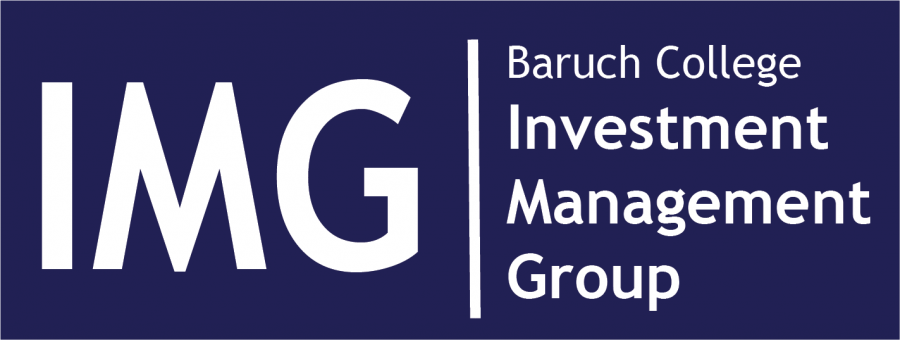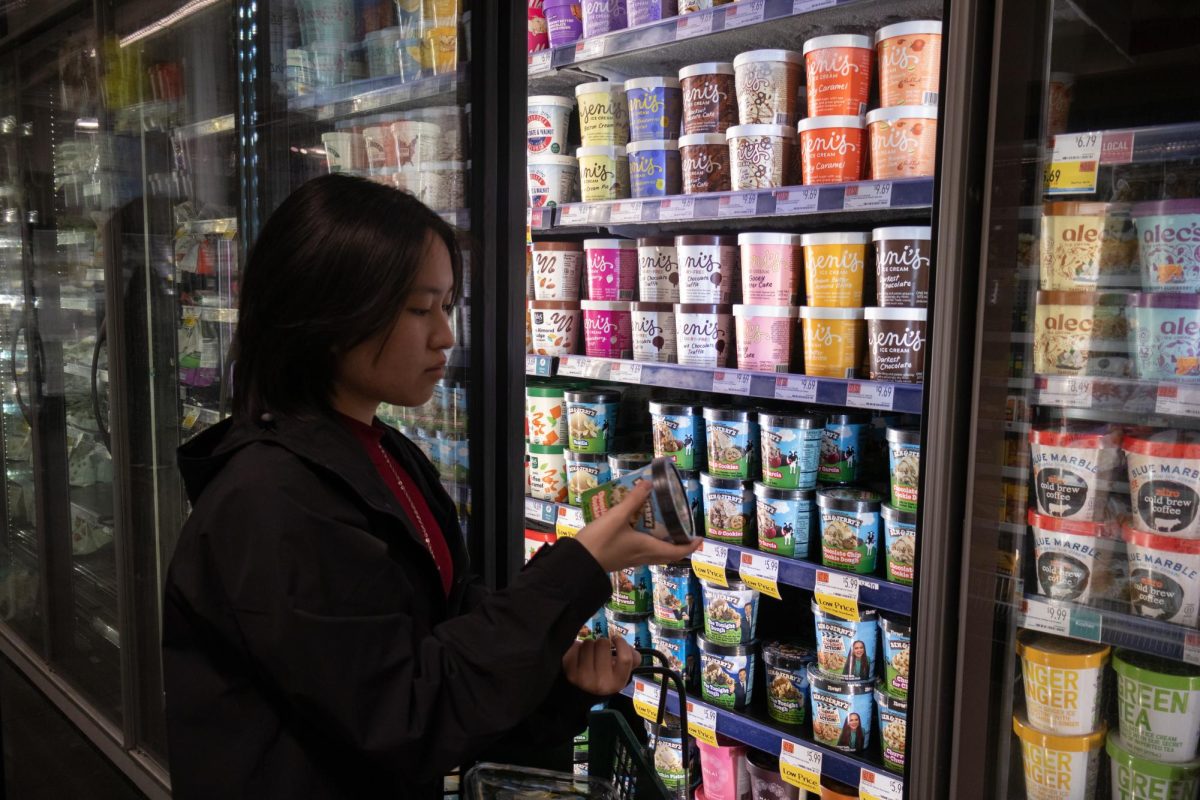It’s been an eventful month for the healthcare industry, with the elephant in the room being, quite obviously, the coronavirus, causing the disease known as COVID-19. The disease, which originally broke out in the Chinese province of Hubei, has been spreading at an alarming rate throughout the United States, with cases now reported in all 50 states and several U.S. territories.
As of March 19, there have been more than 10,000 worldwide deaths stemming from the coronavirus, with over 200,000 cases of infection having been reported globally. At the beginning of March, the Donald Trump administration signed an $8.3 billion emergency spending bill to combat the outbreak, which includes funding for research efforts to develop a vaccine. Other relief legislation is making its way through Congress, and the Trump administration is also trying to pass a nearly $1 trillion stimulus package in order to send cash payments to Americans affected by the coronavirus. On the bright side of things, the Hubei province reported no new coronavirus cases on March 6, constituting the first day without any new infection reports.
In the previous weeks, many healthcare companies have taken the first step to developing a vaccine, with Moderna Inc. leading the charge. The company shipped the first batch of its coronavirus vaccine, intended for use on human patients, to U.S. government researchers — the first company to do so. The vaccine is set to be administered in the coming weeks by Kaiser Permanente to roughly 45 healthy subjects in Seattle. It will test the safety of various doses and the efficacy of the vaccine in terms of stimulating the immune system. Even if the first trial has positive results, further studies testing its efficacy will need to take place and researchers estimate that it will take at least a year to 18 months for a fully certified vaccine to be rolled–out nationally.
Additionally, industry giants Johnson & Johnson, Sanofi S.A., Gilead Sciences Inc. and Inovio Pharmaceuticals Inc. have begun to develop their own vaccines, albeit at a much slower pace than Moderna. J&J and Sanofi expect to start their trials anywhere between six to twelve months from now, while Inovio expects to start its trial in the next few months. Gilead, in conjunction with the University of Nebraska, has already started an isolated trial on one infected patient and expects to start a further study — a typical placebo vs. non-placebo trial with 400 patients globally — in the next two to three years. In the last month, Moderna, Sanofi, Inovio, and Gilead have appreciated by 27%, –5%, 342%, and 16% respectively.
Furthermore, the telemedicine industry has received a noticeable boost due to the virus outbreak, with hospitals increasingly using telehealth video services to diagnose and interact with potentially infected patients. Doctor groups, hospitals, and health insurers are increasingly steering people with mild or no symptoms toward initial visits conducted by phone, interactive video, and secure messaging to limit the spread of the virus. To put the demand for these kinds of services in context, shares of Teladoc Health Inc. the leader in the telehealth sector, have appreciated by 30% in the last month.
While the coronavirus has helped many healthcare stocks, it hasn’t been too kind to others. Health insurance stocks and hospital stocks have been hit especially hard, with the S&P 500 Managed Healthcare sector falling more than 15% during the first week of March, its worst weekly loss since February of 2009, according to CNBC. As more and more Americans are flocking to hospitals to receive treatment, the costs for managed healthcare firms continue to mount. In particular, shares of UnitedHealth Group were down early 17% in the week of Feb. 24. Shares of Centene, a Medicaid insurer, were down 11%, and shares of CVS-Aetna were down 10% in the same time period.








